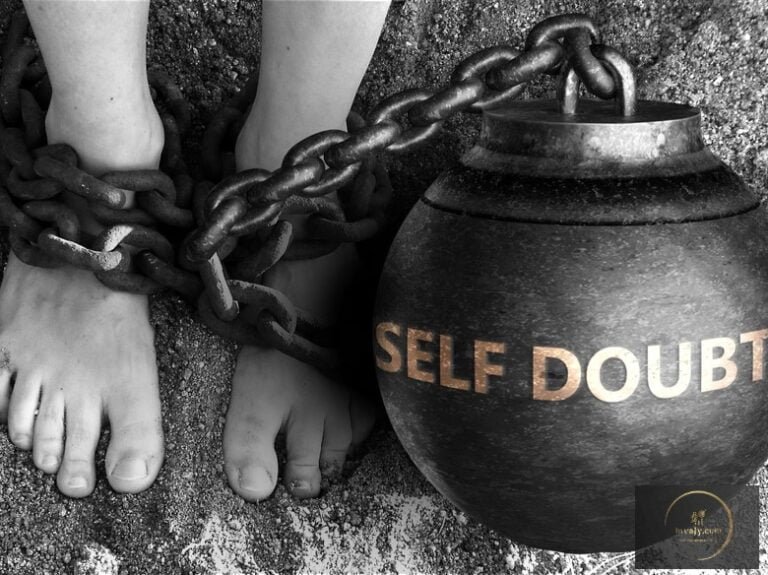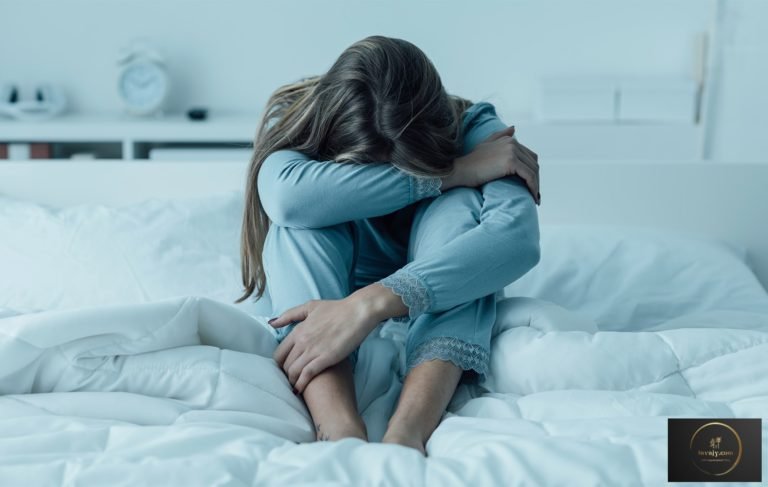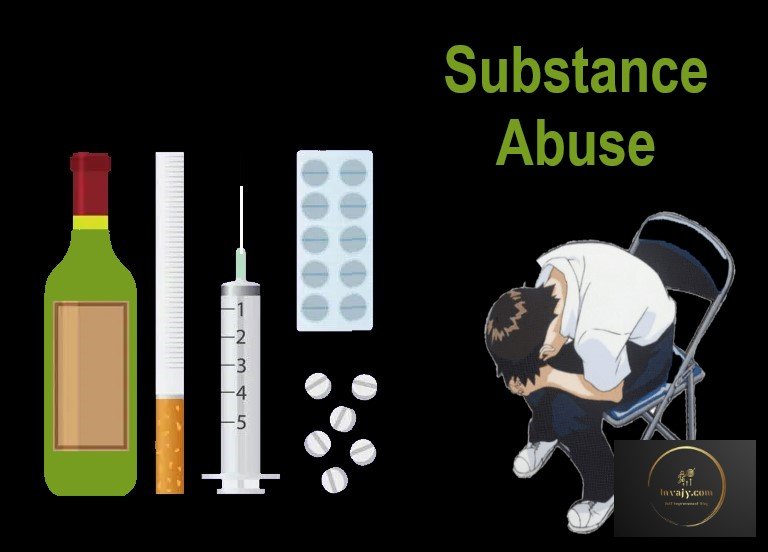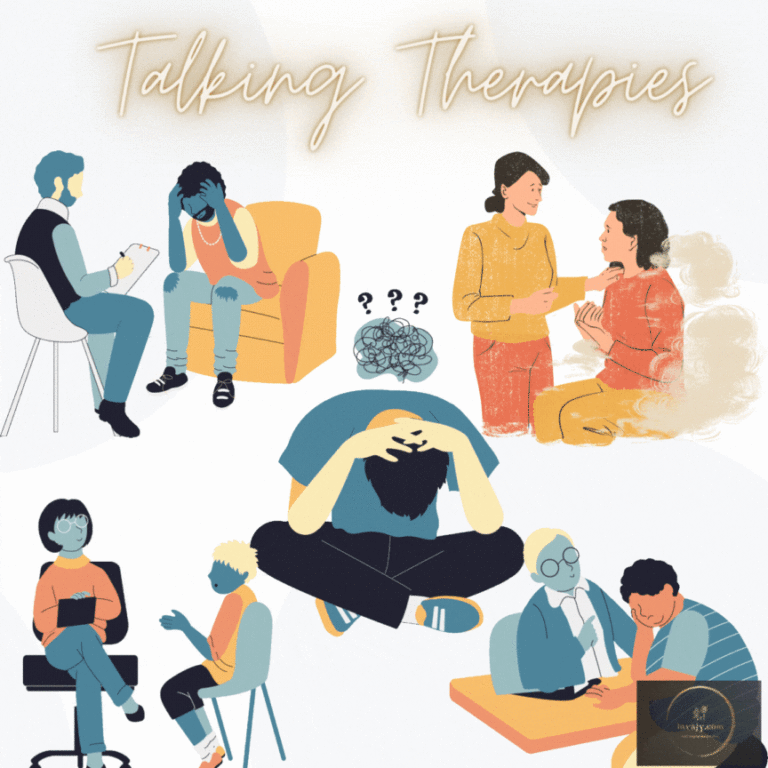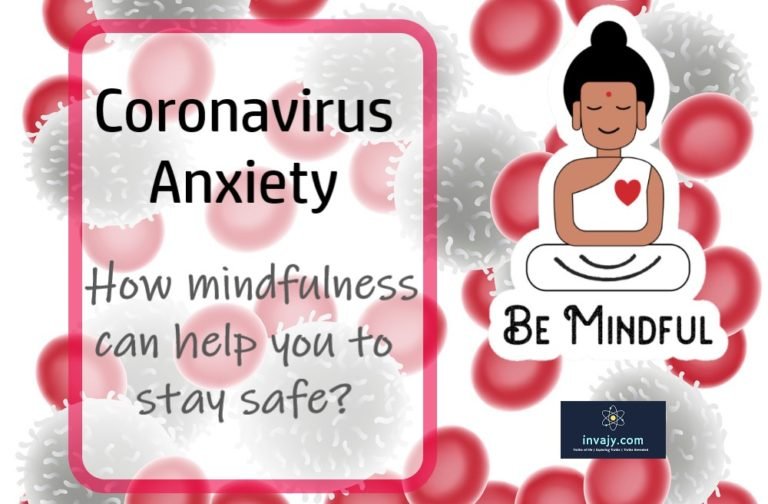Tips for Staying Sober
Stay sober with effective tips like setting clear goals, building a support network, practicing mindfulness, and avoiding triggers. Embrace healthy habits to maintain your journey to recovery.

The primary threat to relapse is exposing oneself to what’s called “triggers.” Triggers and addiction are directly linked. Despite this, the common reactions of craving, urges and relapse can be defeated. First, you have to develop the ability to identify the things that act as triggers that can lead to a relapse. The stress factors that can be a trigger can be simple or complicated. It varies from person to person. The trigger experience can sneak up on you and take you by surprise if you haven’t dug into these deep-rooted issues during your recovery. It may seem to come out of the clear blue or reveal itself as a growing sense of unease that intensifies. As such, one of the best tips for staying sober is taking the time to identify your triggers and avoiding them at all costs.
A trigger is generally defined as any high-risk situation or stress fact that gives rise to a thought, a feeling, or action to use drugs or alcohol. This spark, which is experienced as a temptation to use, is called a ‘craving’ or ‘urge.’ Triggers lead to cravings, and urges to use. Things that trigger us come from within as well from surroundings. Many of these are pretty obvious. In this post, we will discuss examples of external and internal triggers, as well as some other tips on how to stay sober.
Examples of External Triggers:
People:
- An old friend who you drank with/used drugs with calls you up and wants to “party”
- A connection who connects you with his medication
- Running into a former drug dealer unexpectedly
Places:
- Your job requires you to attend a function at a club you once drank or used to
- That living room couch of yours that used to be a favorite spot to drink or use
- Driving by the neighborhood you once scored drugs in
Things:
- A half-full bottle of alcohol on a table
- Painkillers unattended in a medicine cabinet
- Smoking paraphernalia at a boutique shop
Situations:
- Celebrations, holidays, or sporting events
- Emotionally charged interactions — fights with friends/family, criticism or a bad news
- Times of day that one associate with a regular drink, drug, or smoke
Internal triggers
Internal triggers can be sense memories, feelings, or negative thoughts.
Physical sensations:
- Pain, fatigue or panic etc.
Thoughts:
- I can’t have physical intimacy without using
- I haven’t used in a year, I’m not an alcoholic anymore
- Concerts aren’t fun without getting stoned
When people experience triggers, their thinking gets derailed. They will be overwhelmed by feelings of fear, rage or despair. They may begin to think that they’re not handling recovery in the proper manner. These cravings often lead to self-doubt, leading one to believe that they’re failing because they should not be experiencing cravings this far into recovery.

One of our best tips for staying sober is to look deeper within yourself and recognize that this is normal. All of these triggers will test you. This is normal. While the triggers are frustrating and even painful, you have to remember that the alternative (a relapse) will erase the work you’ve done so far and means starting over. Try to take stock of those things that might trigger you.
In the light of the day, relapse will be more painful than the triggers are at any given moment. Regret, self-loathing, disappointment, and conflict with friends and family are side effects of every relapse. Is it worth giving into the triggers?
This is the new you, and the new you have resolved in spirit and body to let a higher power reign in emotions that would have set you off.
Tips for Staying Sober When Triggers Occur
Going down the list noted above, your triggers should seem pretty obvious, but let’s be honest with ourselves: sometimes, it’s not possible to avoid every possible trigger. For starters, you’ll need to look hard at your group of friends. Those that are still drinking regularly or using are off-limits…they simply have to be cut from your life. In smaller towns, this can be hard. In some cases, it means packing up and moving. Your life is important enough to make this a priority.
Avoiding certain places can be harder, especially if you’re in a small town… there are only so many places you can go. Again, packing up and moving might be your best option, especially when you realize that most of your partying was done on your couch in your own living room. Sometimes, redecorating isn’t in the budget or isn’t an option, so a change of scenery might be the best approach. That may mean a sober living facility, a new apartment/house or a different town.
Avoiding trigger situations can be just as difficult. How do you watch a sporting event without drinking or using if you’ve always done so before? The answer might be as simple as changing where you watch the game.
Stress in your life or fights with friends and family often triggers that can’t be avoided. Remember that now that you’re clean/sober, emotions and conflicts will arise with those closest to you. Your party friends will give you grief about being clean and sober. Your family may still have trust issues and will question your every move.
In any one of these cases, if at all possible, you’ll want to enlist the help of your sponsor or attend a group meeting before a trigger.
If Still You Are Triggered
If you did everything you thought of and still found yourself triggered, the best thing you can do is go to a meeting or call your doctor immediately.
As you start to become more tuned in to what causes your triggers, you’ll be better prepared to plan your reactions and know how to avoid them.
Once the trigger, thought or situation has passed without drinking or using, reflect on it and figure out how to prevent repeating the situation. Ongoing psychotherapy can be a real key in discussing triggers and working on behavioral goals and thought processes to prevent the stress/anxiety/using cycle.
By identifying your own unique triggers you can learn to change your reactions and create a plan to counteract them. Understand that others around you might provoke you unintentionally. Part of the recovery process is recognizing that only you are in control of your emotions. If you allow someone else to dictate how you feel, you’re succumbing to their will, not your own. Don’t give them the satisfaction.
Manipulation in any form is a sign of an unhealthy relationship. In the clarity of sobriety, one of the toughest decisions you will have to make is whether or not to end certain personal relationships in your life. Do so with clarity and confidence that only you are in control of your emotions.
Use Your Resources
Sponsors, group meetings, online resources, and addiction hotlines can help you identify and manage triggers. They can also help you avoid them by taking on new activities and changing your scenery.


